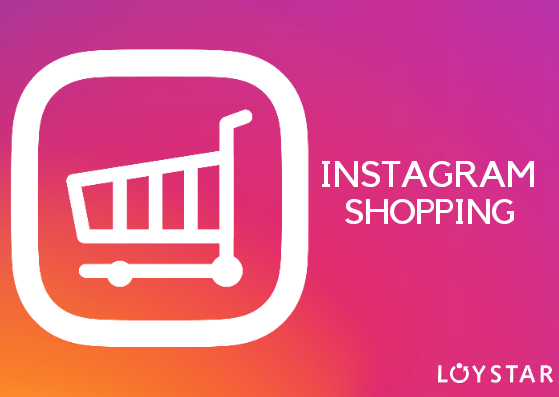From COVID-19 lockdown to businesses trying to recover from the setback it brought worldwide, to protests and, political pandemics like a ban on Twitter in Nigeria, the need for building resilient systems within your business is now more important than ever.
What does it mean to be resilient? And what are the fool-proof ways to ensure your business keeps on thriving in face of unforeseen tough times?
What is Resilience?
According to McKinsey, Resilience is “the ability of a business to withstand, adapt, and thrive in the face of shocks that are internal and external, as well as known and unanticipated.” It also lists Financial, Operational, Technological, Organizational, Reputational, and Business-model resilience as the six dimensions of Resilience.
Here are the 4 Ways to build Resilience in Your Business.
- Have an Omnichannel sales Strategy
Omnichannel means having more than 1 way to sell or deliver your products/services. As a small business owner, it is important to apply this sales strategy, so you can continue to sell if one sales channel is cut or disrupted. For example, a business that sells a wide range of food spices could have a physical store, a website, sell on Instagram, via WhatsApp, and still have sales agents, distributors, stockists, partners/3rd party brands, and even online marketplaces.It can be difficult managing these channels all at once, however, Loystar can provide help with our omnichannel sales platform and website plugin to support e-commerce.Further still, we have provided niche marketplaces to drive customers for food and fashion business owners on Loystar in addition to matching complementary businesses on the Loystar community together. This is our way of supporting your omnichannel sales efforts with additional sales channels. - Own your Customer Relationships
Gone are the days where you solely depend on a 3rd party to fully manage your customer database or relations end to end for you. Retaining ownership of your customer relationship and having direct access to your customer database, has become very necessary in the times we live in.At the most basic, you need to have a list of your customers and their phone numbers so you can reach them directly via phone or SMS in critical times. It is also important to be in control of when you can reach them in terms of pushing out updates without depending on a social media algorithm that only reaches a fraction of your customers. While social media platforms are great for audience building, they should not be your CRM tool.However, with multiple sales channels, you need a way to get your customer contacts and data from across different channels all in one place that is easily accessible. Think of a tool that lets you capture info of new customers across all sales channels in real-time, down to names, contact details, birthdays, plus any data that could help you better connect with them, and that would be Loystar’s CRM built into the Loystar platform and available for Free. It comes with SMS marketing and automatic messages to engage your customers in a way that makes it hard for them to forget your business in tough times. - Set up a Customer Loyalty Strategy
Another way to keep your business surviving tough times is to ensure as much as possible that every customer you have ever sold to comes back. Customer Retention is the single most important thing for sales growth. There is no small business worth anything without steady patronage and a loyal customer base.So how do you get your customers coming back to buy from your business? Help them see buying from you as an investment with returns. A veritable way to do this would be setting up a customer loyalty strategy and Loystar is excellent at this, especially with the multi-tier loyalty program that helps you engage your customers with various rewards (returns) based on their spending levels. When a customer knows that they will get returns/rewards from spending with you, they will come back again and again and your business can survive. - Have a ready source of capital
A business might consistently be making sales, but a sudden disruption, like a destructive protest, fire, or a pandemic can cause a huge loss. For instance, we once had to onboard a merchant who decided to integrate Loystar Sales tool into her business after she lost her goods in the Balogun market fire outbreak that happened a while back. She had insurance cover but found it difficult to make a claim because her records were on paper (lost in the fire) and she had no proof to show the cost of the loss.
Hence, we have partnered with some lending companies for Loystar merchants to access low-interest loans since they have cash flow records to show. Right from the Loystar dashboard, merchants can request for a loan and have it credited to their account after a quick electronic due diligence which helps keep the business running when disruptions occur.
How do you start applying these strategies to your business? Get a free Loystar account for your business, upgrade to a paid one if you need more premium features, and get your business started on the path of being resilient even in the face of disruptions.
[vsc-button text=”START BUILDING RESILIENCE” target=”yes” align=”center” type=”fontawesome” icon_fontawesome=”fa fa-hand-o-right” size=”btn-lg” text_size=”14″ add_icon=”true” url=”https://web.loystar.co/signup?utm_souce=four-ways-resilience” text_color=”#ffffff”]



